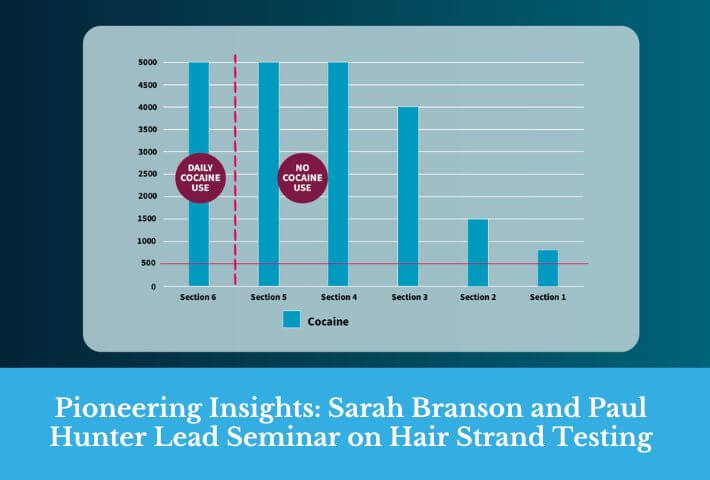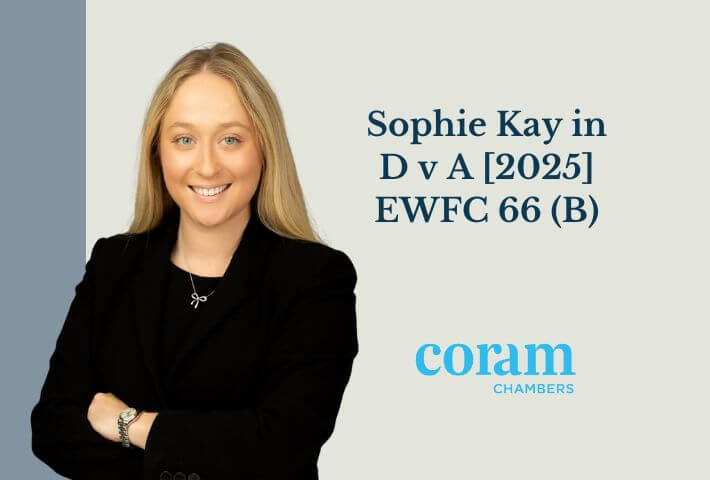
In a highly publicised case that has captured national attention, Alex Laing, a distinguished barrister at Coram Chambers, played a pivotal role in securing a significant ruling from the High Court of Justice regarding the legal ramifications of a software error that inadvertently approved divorce requests without proper due process.
The case originated from an administrative error that affected 79 couples, resulting in their divorce applications being granted prematurely.
This matter was brought before the High Court on October 30 and 31, 2024, with the judgment delivered on December 19, 2024, by Sir Andrew McFarlane, the President of the Family Division, and Deputy High Court Judge, Her Honour Lynn Roberts.
The court’s central finding focused on whether the final divorce orders rendered by the software glitch were void or voidable.
Drawing upon established legal precedents set out by the House of Lords and the Supreme Court, the court concluded that the divorce orders are voidable rather than void. In doing so, the court departed from a swathe of existing family precedents, including from the Court of Appeal and former Presidents of the Family Division.
This decision hinges on interpreting Parliament’s intent regarding non-compliance with statutory time thresholds in divorce applications. The judgment emphasised the potentially disruptive consequences of declaring valid divorce orders void, including the re-establishment of marital status for couples under the impression they were divorced, as well as complications for children born after the supposed divorce and the legal status of subsequent marriages.
Alex Laing, led by Sir James Eadie KC and Sarah Hannett KC, representing the Lord Chancellor, argued effectively that the implications of deeming the orders void would not align with the public interest in maintaining clarity and legal certainty in marital status. The court agreed, asserting that any administrative error, especially those as minor as a one-day misalignment in application timing, should not invalidate the emotional and legal relief granted through divorce proceedings.
While the court ruled that the divorce orders were voidable, it also established a framework for respondents wishing to contest their orders. Each of the affected couples will have the opportunity to indicate by the end of January 2025 whether they wish the court to declare their marriage as having subsisted post-order or to uphold their divorce.
The implications of this groundbreaking ruling are vast, potentially affecting numerous individuals and setting a precedent for future cases involving administrative processes within family law.
The decision underlines the importance of judicial discretion and the need for careful consideration of the context surrounding legal compliance in sensitive matters like divorce.
For more details on the judgment, including the full text, please visit here or read below.
Coram Chambers continues to advocate for justice and clarity in family law, and Alex’s commitment in this case exemplifies the level of expertise and dedication found within the chambers.


